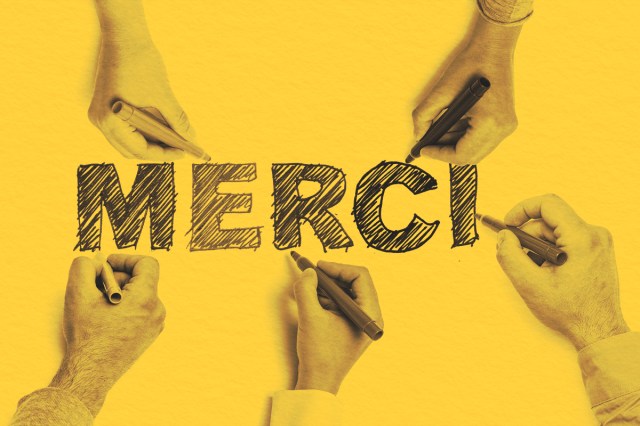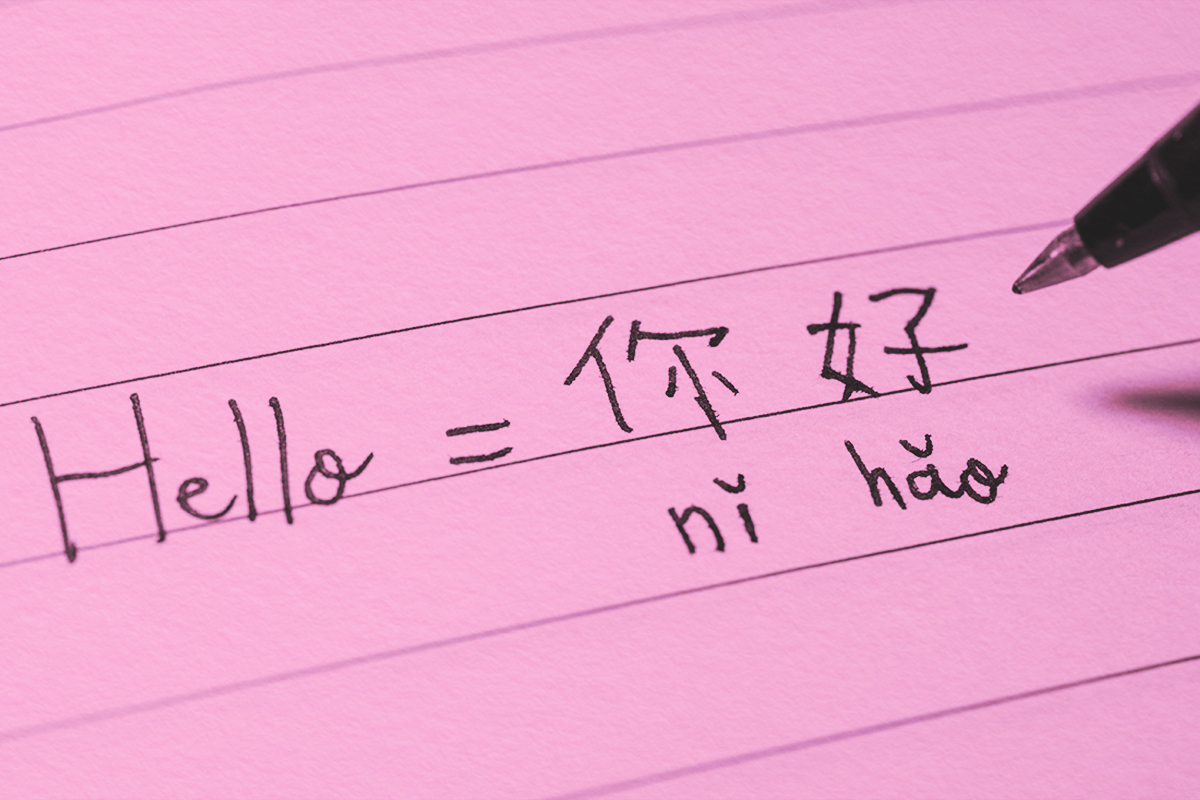
Gratitude is a universal language. The notion of thanking others is a fundamental part of the human experience, whether it’s a quick merci at a bakery in Paris or a polite muchas gracias at a cantina in Cancún. Beyond these familiar expressions, gratitude takes on diverse forms across languages, from the casual “thanks” to overwhelming appreciation for the universe itself. Heartfelt declarations and idioms offer a glimpse into the unique ways language is used to express gratitude around the globe.
“Thank you a bag” might sound slightly awkward in English, but in Italian, Ti ringrazio un sacco is a colloquial way to say “thanks a lot.” Un sacco, literally “a sack,” is an informal figure of speech for abundance. This phrase is used warmly and casually among friends to show great gratitude. It’s slightly more enthusiastic than saying the more straightforward phrase Ti ringrazio (“I thank you”), and can make the recipient feel more appreciated.
The Taiwanese language (also called Taiwanese Hokkien or Holo) has a charming way to express gratitude: kám-sim, meaning “feel heart.” It’s used the same way as the phrases “I’m touched” or “I’m grateful” would be used in English in response to a kindness or good deed. Kám means “to feel” or “to sense” and sim means “heart” — this emotional reaction is typical of Taiwanese culture and language, acknowledging not only the action but also the impact on the recipient.
There are multiple ways to express gratitude in Bahasa Indonesian (a standardized form of Malay, incorporating hundreds of dialects), all spinning off of terima kasih, meaning “thank you.” This phrase translates to “It is accepted with love.” (Terima means “to accept” and kasih means “love.”) A shortened version, makasih, is often used as an informal “thanks” in casual conversation. The slang version of “thanks” is trims, another variation of terima. Similarly, to express “thanks a lot,” you’d use the slang expression trims banget — banget means “very” or “extremely.”
The Irish Gaelic phrase Go raibh maith agat means “thank you,” but it literally translates to “May you have goodness.” To express more gratitude, you might say, Go raibh míle maith agat, which means “May you have a thousand good things.” These sayings might seem like a mouthful, but native speakers don’t enunciate every sound.
In Persian (Farsi), Daste shomā dard nakone (the idiom “May your hand not hurt”) expresses gratitude for a gift or assistance. To make the phrase informal, you can tweak it by removing shomā, the formal pronoun for “you,” and say Dastet dard nakone. For an even more casual thank you, try mersi, derived from the French word for “thanks” (merci). If someone compliments you in Persian, avoid responding with “thanks,” and instead say, ghorbāne shomā (literally, “your sacrifice”).
While the idiom is thanking the sky and earth, the phrase Xie Tian Xie Di (谢天谢地) is used very similarly to “thank God” in English. The Chinese phrase is intended to express gratitude for being lucky that bad things didn’t happen.
There are a handful of ways to say “thank you” in Turkish. One informal option for “thanks” is Sağ ol, which translates to “Stay healthy.” It has the same connotations of wishing someone blessings or good fortune in return for what they’ve done for you. The more formal and direct version of “thank you” is teşekkür ederim, which can be shortened to teşekkürler or “thanks.”
In English, we might say, “many thanks” or “thanks a million,” but in several languages, they say, “a thousand thanks.” In Italian, this is grazie mille (sometimes mille grazie); German is tausend Dank; Swedish is tusen tack; Spanish is mil gracias; and French is merci mille fois.

















